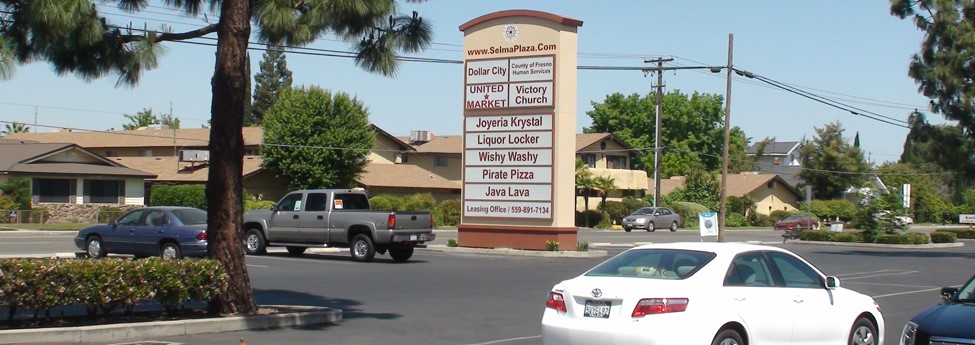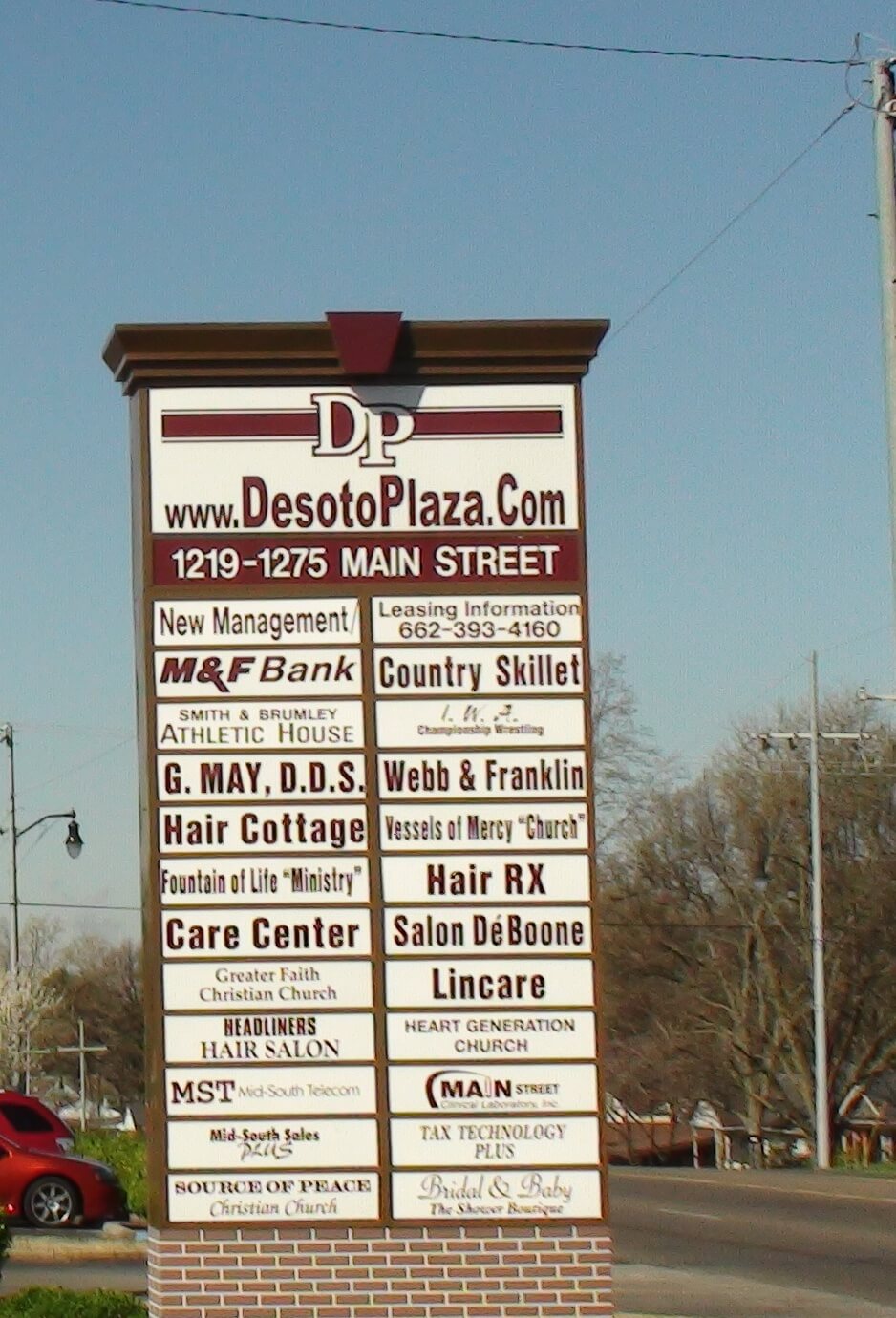



LONG DISTANCE MANAGEMENT
Long Distance Management Of Commercial Properties and Businesses 3,000 Miles Away In Any 50 States.
LONG DISTANCE MANAGEMENT
Long Distance Management Of Commercial Properties and Businesses 3,000 Miles Away In Any 50 States.
LONG DISTANCE MANAGEMENT
Long Distance Management Of Commercial Properties and Businesses 3,000 Miles Away In Any 50 States.
LONG DISTANCE MANAGEMENT
Long Distance Management Of Commercial Properties and Businesses 3,000 Miles Away In Any 50 States.
WHAT MAKES US UNIQUE THAN OTHERS
This is a team effort between us and you to make it happen.
- Long distance management system to manage properties and businesses 3,000 miles away, coast to coast.
- Syndication, crowd funding and joint ventures.
- Real estate brokers and agents that aside from earning commission, want to manage the properties that they buy without any help from outside management or leasing companies.
- Individuals that have no familiarity with real estate investments and like to increase their net worth and eventually work for themselves. Don't buy an asset unless you can manage it.
- Entrepreneurs that have tried the outside management companies and have been ripped off.
- Entrepreneurs that like to manage their own properties and lease their own vacancies.
- Property managers that like to widen their horizon to manage properties in all fifty (50) states in order to increase their income and widen their clients base.
- Brokers and agents that like to take over the clients property management and obtain a listing agreement at the same time.
- Brokers and principals that like to syndicate properties by private placement or through Reg D 506 (C), Reg S and Rule CF and manage the properties in house.
- Individuals that have no familiarity with real estate investments and like to increase their net worth and eventually work for themselves. Don't buy an asset unless you can learn to manage it.
MANAGING COMMERCIAL PROPERTIES LONG DISTANCE, PUCHASING AND MANAGING BUSINESSES WITH NOTHING DOWN
- Turnkey long distance management with all the forms that you need to manage any property in any of the 50 states.
- Steps to lower the expenses in commercial properties after purchasing the property.
- Top 5 items that you must do on the first long distance trip as part of your due diligence period in order to manage a property remotely.
- Top 10 management items that you must do in your 2nd trip prior to purchasing the property.
- Top 14 management items that you must do in your 3rd trip, right after purchasing the property.
- Format of the onsite management contract which you must sign with your onsite manager.
- Real and true stories and examples of long distance management that you can learn and apply. Not theories, reality.
- Management consulting application and contract to sign with investors that own commercial properties outside of your local area, including off site and onsite training manual.
- Repositioning of the commercial properties, hidden potentials and creating amenities to extend their leases in order to have a high occupancy.
- Mixing long distance property management and leasing vacancies, under the same umbrella
- Tenant default, collection issues and tenant's bankruptcy and types of bankruptcies.
- Differences between "net lease", "NNN Lease", "Modified Gross Lease" and "Full Service Gross"
- What is "TICAM", and it's calculations and passing on the charges to the tenants.
- What are estoppel certificates and subordination and non-disturbances & attornment (SNDA). Their forms to use for the tenant and lenders.
- How do local management companies can get adjusted in managing properties 3,000 miles away and operate in other states without a license.
- Commercial property lease agreement with the tenants for strip centers, shopping centers, and the malls with personal guarantee.
- Commercial property lease agreement with the tenants for office buildings with personal guarantee.
- Additional forms that you need for long distance management such as expanded rent roll, tenant contact form, lease expiration form, prospective tenant's form, and maintenance request.
- The content of the website that you must have for any property, not just promoting the property but the businesses as well.
- The application and forms that you need to sign up clients for managing their properties out of states and make between $0.25 to $0.50 cents per foot.
- How to handle legal issues with the tenants.
- Suitability of prospective tenants and dovetailing them with the existing tenants.
- Where to look for businesses for sale and purchase them with nothing down, nationwide with multiple real examples.
- A system to manage business long distance without having to be on site.
- Format of the contract to use for an onsite general managers, running any business nationwide with full reporting requirements and monitoring.


GOAL SETTING AND OUR MISSION
Our mission is to train you by supplying you with the tools and forms that you need in order to create a wealth of $5 million in 10 years by investing 17.5 hours a week, or $10 million in 10 years by investing 35 hours a week. Such working hours will mainly consist of applying our concepts, searching on the net, identifying certain properties to manage, checking the sites, writing management proposals, meeting the sellers, inspecting the properties, and close the transactions. We will cover goal setting, time management and applying the concepts and finally discussing the usage of the forms that will be given to you.
HOW TO SYNDICATE OR JOINT VENTURE
- What is real estate syndication and security act of 1933.
- How does syndication supposed to work.
- Types of investors such as equity investors, debt investors, and service investors.
- How to make profits from syndications versus joint ventures and general partnerships.
- How to make profits arranging loans for your self or others, including the form to use.
- A system to flip deals and double escrows with actual examples.
- Reasonable syndication fees that you must charge, best ways to get investors and investors' motivation
- How to do crowdfunding, blind pools, and purchasing ground leases, including the forms to use.
- Differences between a registered securities (Regulation A) versus Regulation D.
- Comparison between Reg D, Rule 506(B), 506(C), and Rule CF and which one to use with little or not restrictions from SEC .
- Suitability of the investors, accredited investors, and advertising for investors.
- Penalties violating SEC rules.

